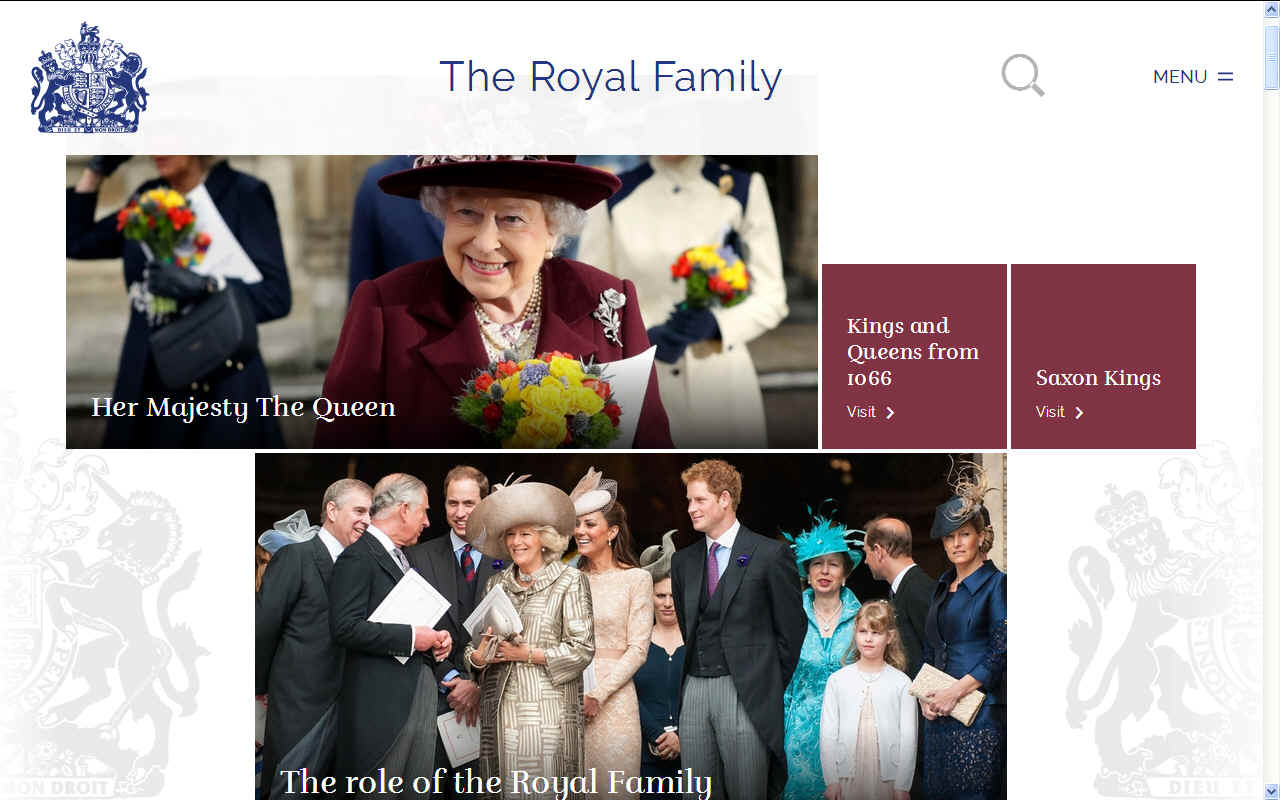
ABOUT
MIKE
...
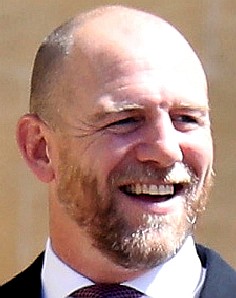
Michael James Tindall, MBE (born 18 October 1978) is an English former rugby player who played outside centre for Bath Rugby and Gloucester Rugby, has captained the England team, and was a member of the 2003 World Cup-winning squad.
He made his debut on the England national team on 5 February 2000, against the Irish team at the 2000 Six Nations Championship. Alongside winning the 2003 World Cup, he was also a member of the national team during the 2003 Six Nations Championship which was won by England. He was injured at the 2007 Rugby World Cup. Throughout his career, Tindall has participated in eleven Six Nations Championship competitions from 2000 to 2011. He participated as a contestant in the 2015 series of Bear Grylls: Mission Survive and was the runner-up after the 12-day survival mission. He currently plays for the Gloucester Division 2 team, Minchinhampton RFC.
Tindall is married to Zara Phillips, the daughter of Anne, Princess
Royal, and the eldest granddaughter of Queen Elizabeth II and
Prince
Philip, Duke of Edinburgh.
ABOUT
THE ROYAL FAMILY
The ruling King or Queen of England is responsible for appointing a Government
that will provide an effective administration for her subjects. This is
a difficult task as you might imagine with so many factors to take into
account, such as vested interests that conflict with what might
otherwise be the efficient running of the land.
One
of the main problems within the United kingdom,
apart from the relatively high taxes, is the institutionalised
corruption that is widespread in the police and councils as reported in the
newspapers and other websites. The problem is so ingrained that we
wonder if Her Majesty and her children simply tolerate the present level
of malfeasance, despite the fact that such crimes carry a maximum
life
sentence - as prosecutions are notable by their absence. We imagine that the Royal Family do what they might in
constrained circumstances, to steer our Prime
Ministers on their challenging journeys. But is that enough?
The
Prime
Minister is ultimately responsible for reporting to the monarch as
to the effectiveness of the appointed administration. The objective is
to provide an efficient country where each subject may enjoy a life free
of slavery and oppression, presumably in line with United
Nations sustainability
objectives. Also meeting the objectives of the Universal
Declaration of Human Rights. Where the Commonwealth plays an
important role and should lead by example as a player on the world
stage.
Injustice
to any citizen is an indicator of the performance of the state,
multiples of which accumulate when remedy
is denied,
which denial sends incorrect signals to local
authorities as to operational parameters that will be tolerated, to
include the existence and encouragement of secret
societies and agendas such as those of the masons
and others, where for example, royal patronage may be involved.
The
Royal family is growing each year, slowly bringing fresh perspectives to
the table. We hope eventually, that new blood will bring with it the
will to mould the United
Kingdom into a bastion of fair play and transparency that is a
prerequisite for justice and world
peace, to repair any leaks in an imperfect
system.
ROYALS
GALLERY 2018
|
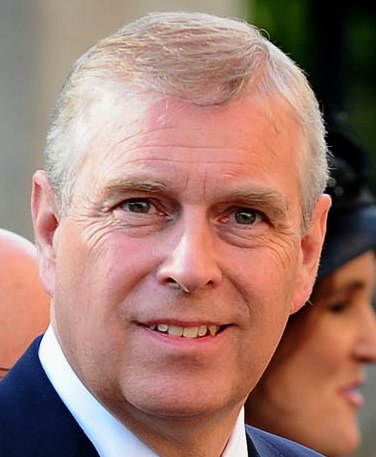
Andrew
Duke of York
|
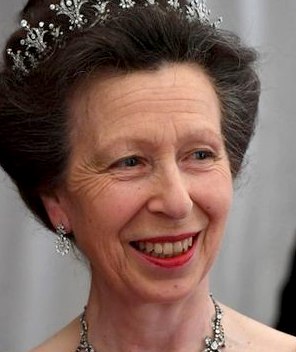
Anne
Princess Royal
|
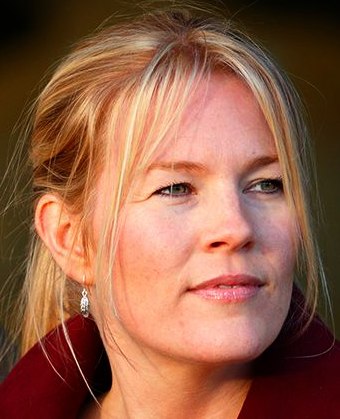
Autumn
Phillips
|
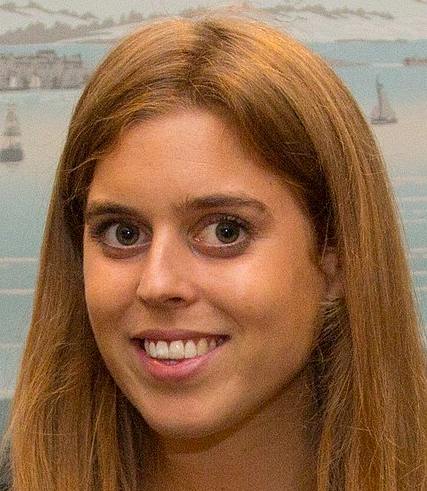
Beatrice
of York
|
|
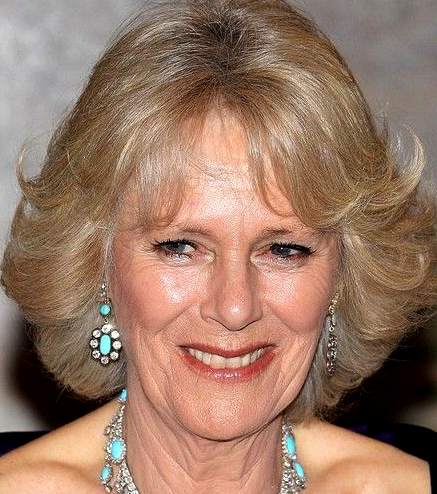
Camilla
Duchess Cornwall
|
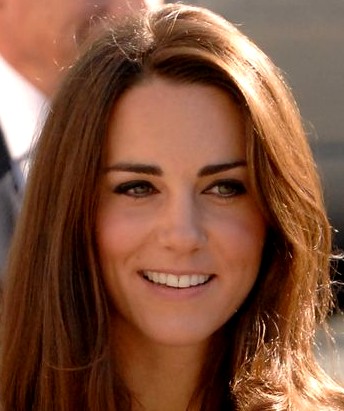
Catherine
Duchess Cambridge
|
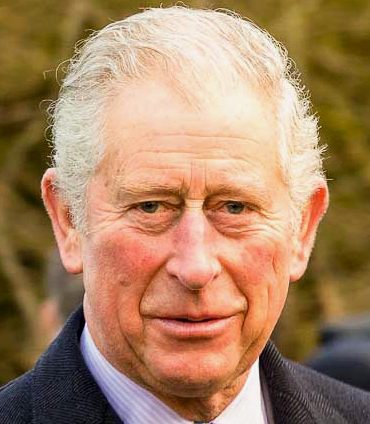
Charles
Prince Wales
|
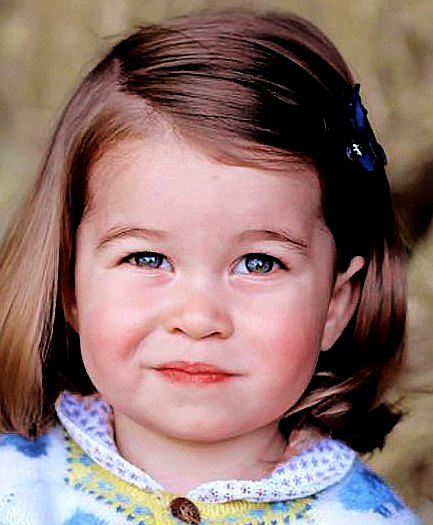
Charlotte
of Cambridge
|
|
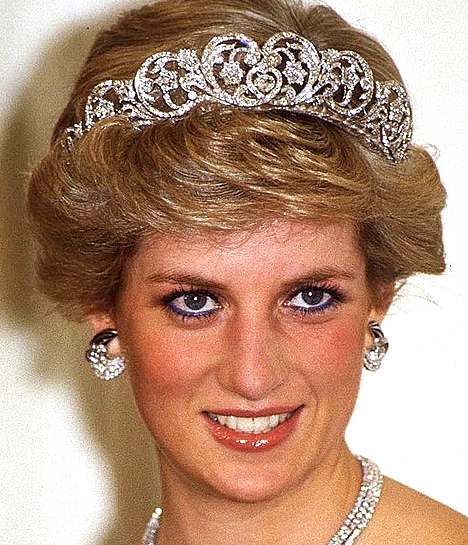
Dianna
Princess Wales
|
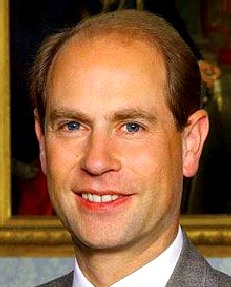
Edward
Earl Wessex
|
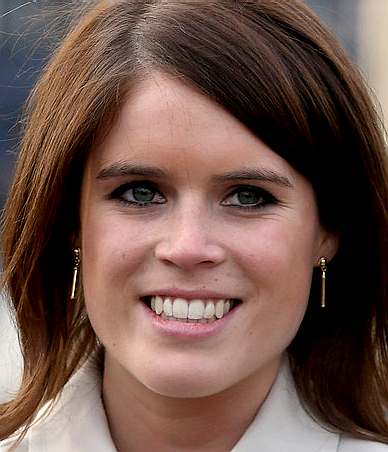
Eugenie
of York
|
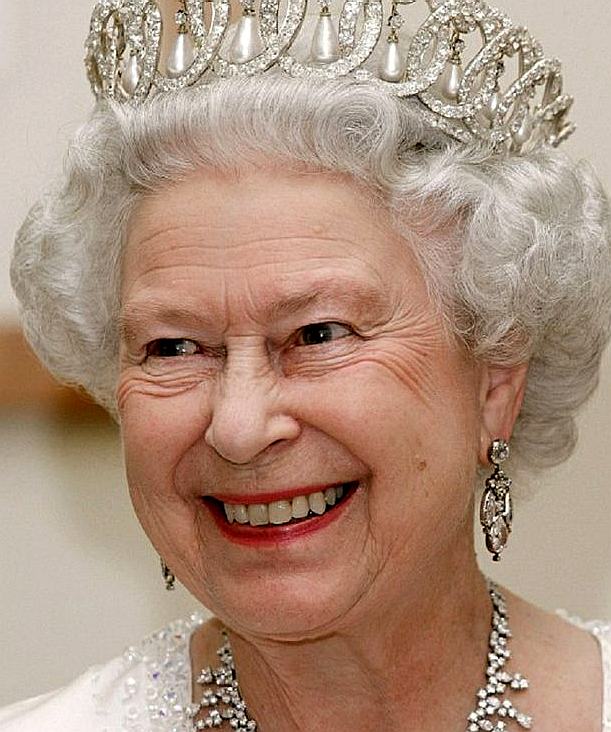
Elizabeth
Majesty Queen
|
|
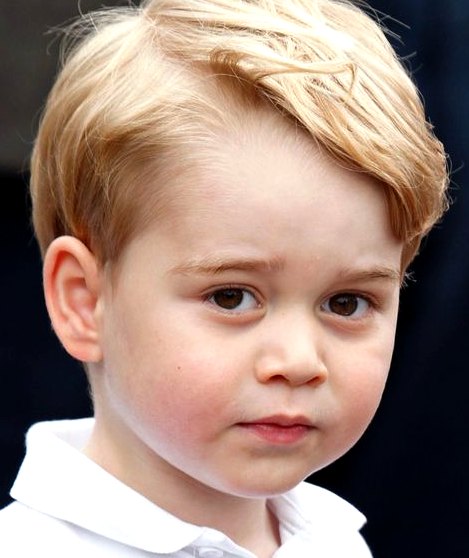
George
of Cambridge
|
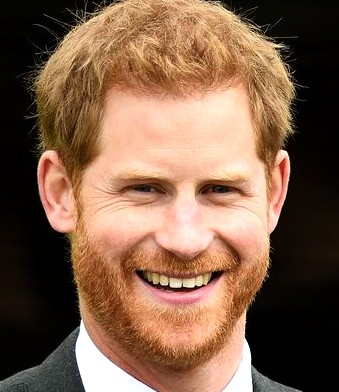
Harry
Duke Sussex
|
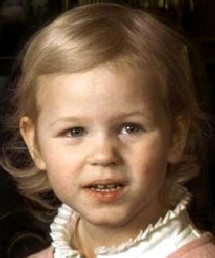
Isla
Phillips
|
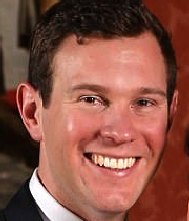
Jack
Brooksbank
|
|
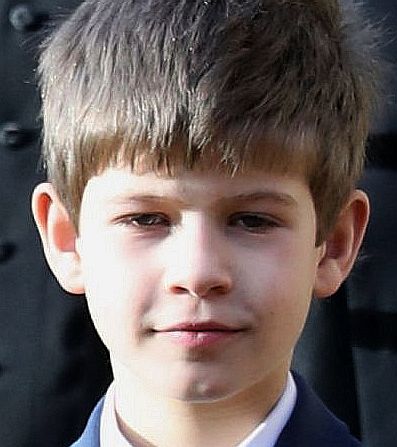
James
Viscount Severn
|
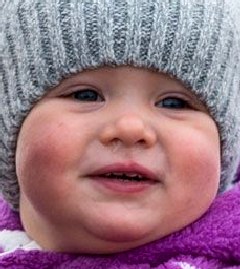
Lena
Tindall
|
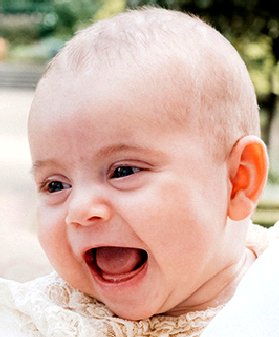
Louis
of Cambridge
|
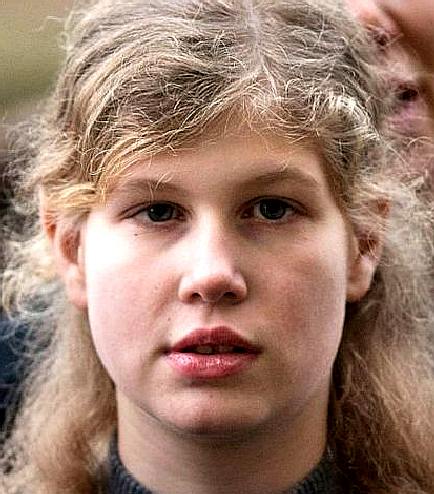
Louise
Lady Windsor
|
|
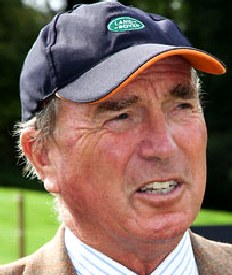
Mark
Captain Phillips
|
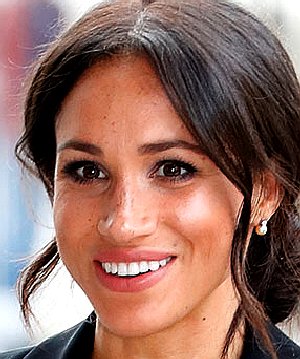
Meghan
Duchess Sussex
|
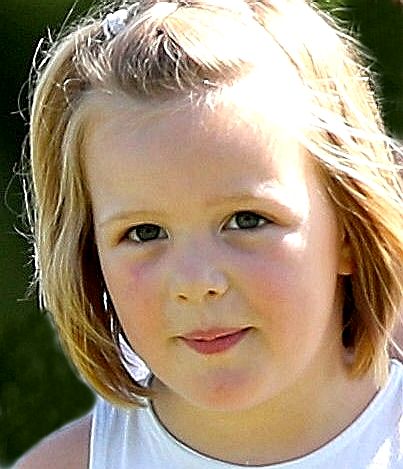
Mia
Grace Tindall
|

Mike
Tindall
|
|
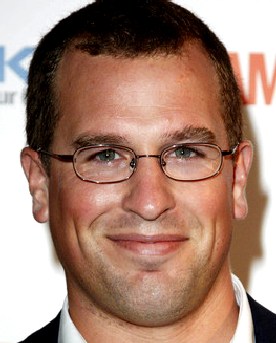
Peter
Phillips
|
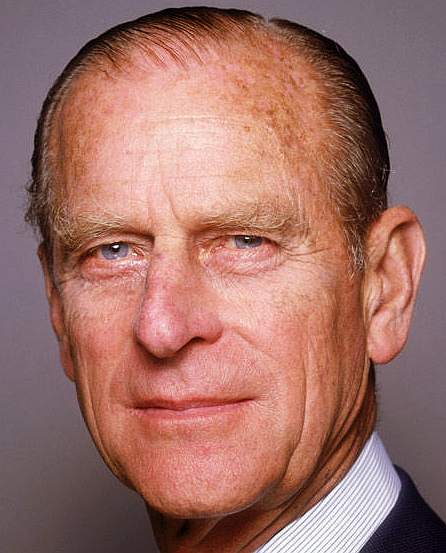
Philip
Duke Edinburgh
|
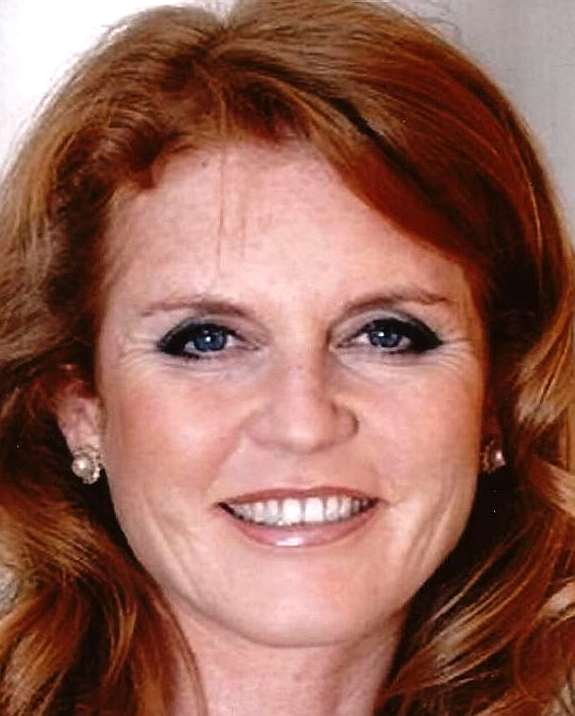
Sarah
Duchess York
|
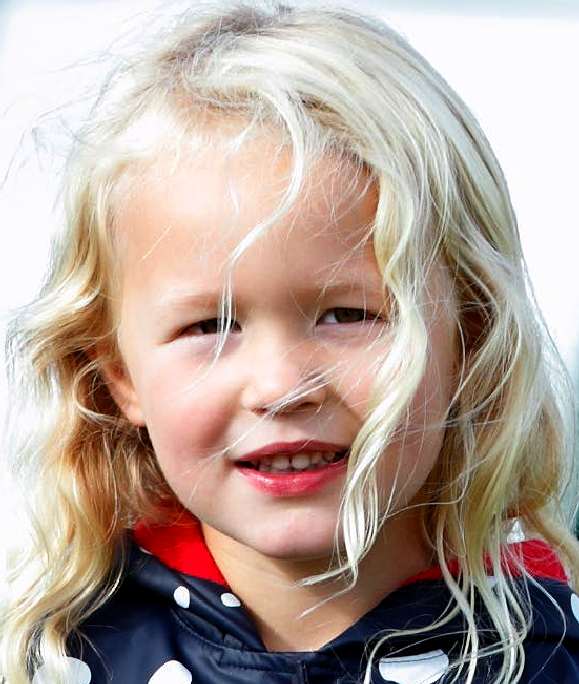
MP
Savannah
Phillips
|
|
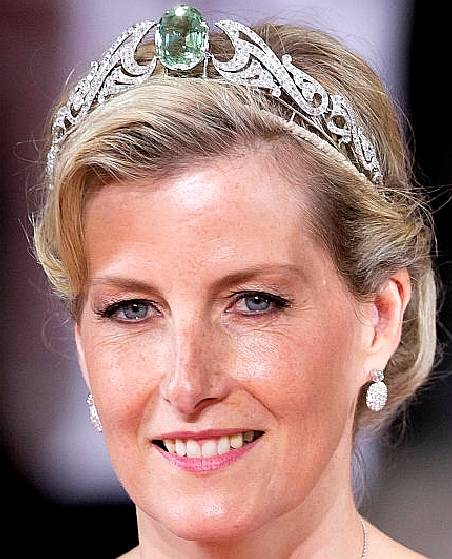
Sophie
Countess Wessex
|
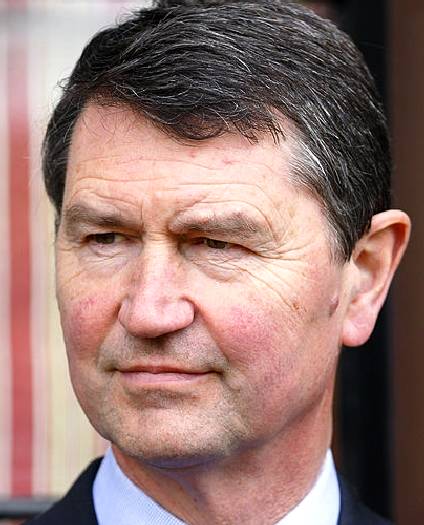
Timothy
Laurence V. Admiral
|
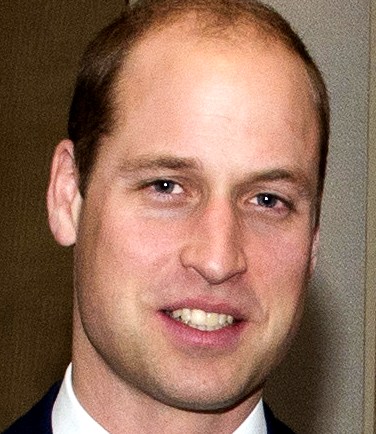
William
Duke Cambridge
|
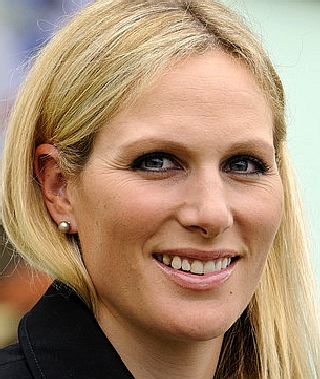
Zara
Tindall
|
A
TO Z OF ROYAL FAMILY MEMBERS
Andrew Duke of York,
Prince
Anne Princess Royal
Autumn Phillips
Beatrice of
York,
Princess
Catherine Duchess of Cambridge
Charlotte of
Cambridge,
Princess
Edward Earl of
Wessex,
Prince
Elizabeth
Queen II Windsor
Eugenie of
York,
Princess
Camilla Duchess of Cornwall
Charles Prince of Wales
Dianna Princess of Wales
George of
Cambridge,
Prince
Harry Duke of Sussex
Isla Phillips
Jack Brooksbank
James Viscount Severn
Lena Elizabeth Tindall
Louis of
Cambridge,
Prince
Louise Windsor,
Lady
Mark
Captain Phillips
Meghan Duchess of Sussex
Mia Grace Tindall
Mike Tindall
Peter Phillips
Philip Duke of Edinburgh
Sarah Duchess of York
Savannah Phillips
Sophie Countess of Wessex
Timothy Laurence
Vice Admiral
William Duke of Cambridge, Prince
Zara Tindall
SUCCESSION
TO THE BRITISH THRONE
Succession to the British throne is determined by descent,
sex (for people born before October 2011), legitimacy, and religion. Under common law, the Crown is inherited by a sovereign's children or by a childless sovereign's nearest collateral line. The
Bill of Rights 1689 and the Act of Settlement 1701 restrict succession to the throne to the legitimate Protestant descendants of Sophia of Hanover that are in "communion with the Church of England". Spouses of Roman Catholics were disqualified from 1689 until the law was amended in 2015. Protestant descendants of those excluded for being Roman Catholics are eligible.
Queen Elizabeth II is the sovereign, and her heir apparent is her eldest son, Charles, Prince of Wales. Next in line after him is
Prince
William, Duke of Cambridge, the Prince of Wales's elder son. Third in line is Prince George, the eldest child of the Duke of Cambridge, followed by his sister, Princess Charlotte and younger brother, Prince Louis. Sixth in line is
Prince
Harry, Duke of Sussex, the younger son of the Prince of
Wales. Under the Perth Agreement, which came into effect in 2015, only the first six in line of succession require the sovereign's consent before they marry; without such consent, they and their children would be disqualified from succession.
The first four individuals in the line of succession who are over 21, and the sovereign's consort, may be appointed Counsellors of State. Counsellors of State perform some of the sovereign's duties in the
United Kingdom while he or she is out of the country or temporarily incapacitated. Otherwise, individuals in the line of succession need not have specific legal or official roles.
The
United Kingdom is one of the 16 Commonwealth realms. Each of those countries has the same person as monarch and the same order of succession. In 2011, the prime ministers of the realms agreed unanimously to adopt a common approach to amending the rules on the succession to their respective Crowns so that absolute primogeniture would apply for persons born after the date of the agreement, instead of male-preference primogeniture, and the ban on
marriages to Roman Catholics would be lifted, but the monarch would still need to be in communion with the Church of England. After the necessary legislation had been enacted in accordance with each realm's constitution, the changes took effect on 26 March 2015.
A
TO Z OF ROYAL WEDDINGS
A is for ANNOUNCEMENT. A proclamation will be displayed on an easel at the gates of Buckingham Palace, while news of the birth will be tweeted by Kensington Palace and emailed to the press. Gun salutes will also mark the new arrival.
B is for BROTHER. The new royal baby will be 21 months younger than older brother Prince George, who is directly in line to become king one day.
C is for CHRISTENING. The baby will be baptised wearing a replica of a lace and satin gown that has been used since 1841. Tradition dictates the Archbishop of Canterbury Justin Welby, England's highest cleric, will conduct the christening.
D is for DUTY. Once an adult, a lifetime of royal duty on behalf of the sovereign awaits.
E is for EDUCATION. The royal youngster is set to enjoy exclusive schooling. Both William and his brother Prince Harry went to the elite boarding school Eton.
F is for FASHION. The new royal will be a trendsetter before it can walk and talk anything George has been seen wearing has flown off the shelves.
G is for GRANDPARENTS. William's father Prince Charles, the heir to the throne, and his wife Camilla are expected to visit the baby in hospital shortly after the birth, along with Kate's parents Michael and Carole Middleton.
H is for HOME. The new baby will grow up at the Cambridges' apartment in London's Kensington Palace and Anmer Hall, a country house on Queen Elizabeth II's private Sandringham estate in eastern England.
I is for INTEREST. The birth will spark huge interest around the world, with international media camped outside the hospital doors waiting for the first glimpse of the new royal.
J is for JORDAN. The baby will be baptised with water from the River Jordan.
K is for KATE. The 33-year-old duchess suffered acute morning sickness again during her second pregnancy, causing her to miss royal engagements.
L is for LINE OF SUCCESSION. The baby will be born fourth in line to inherit the throne, behind George and directly in front of uncle Harry.
M for MEMORABILIA. The Centre for Retail Research reckons the royal baby will bring retail sales of around £60 million to £70 million ($88-103 million, 84-98 million
euros), rather than the £247 million boost attributed to George.
N is for NAMES. Royal babies often get several Christian names, with George getting three. Bookmakers' favourites for a girl are Alice, Elizabeth, Charlotte, Alexandra and Victoria; for a boy, James, Arthur, Henry, Philip and Albert.
O is for OBSTETRICIANS. The medical team will be led by Guy Thorpe-Beeston, the surgeon-gynaecologist to the royal household, who will be assisted by his predecessor Alan Farthing.
P for PRIMOGENITURE. Laws which took effect in March ending male primogeniture mean girls born after October 28, 2011 can no longer be overtaken by younger brothers in the line of succession.
Q is for QUEEN ELIZABETH II. The baby will be the monarch's fifth great-grand-child and her 17th descendant.
R is for ROYAL MINT. They will produce a £5 coin in celebration and gift a special "lucky" silver penny to 2,015 babies born on the same day.
S is for ST MARY'S HOSPITAL. The baby will be born in the private Lindo Wing of the hospital in Paddington, central London. A two-room suite costs £6,750 a night, though consultants' fees can double that.
T is for TITLE. The baby will be known as His/Her Royal Highness Prince/Princess (name) of Cambridge.
U is for UNCLE HARRY. William's fun-loving brother is coming out of the army and so may have more time to babysit. The baby will also have Auntie Pippa and Uncle James on its mother's side.
V is for VICTORIA. The baby will be the great-great-great-great-great-grandchild of 19th-century queen Victoria.
W is for WILLIAM. The 32-year-old duke is training to become an air ambulance pilot. He will take two weeks' paternity leave. He could face a two-hour drive to London when Kate goes into labour.
X is for XX or XY? As with George, the couple do not know the sex of the baby.
Y is for YELLOW. Bookmakers are taking bets on the colour of Kate's dress when she leaves hospital, with a spring-like yellow among the favourites for the first baby pictures that will zip round the world.
Z is for ZZZ William and Kate can expect months of sleepless nights, but their nanny will be on hand to ease the burden.
A
TO Z OF ROYAL NAMES
A: ALEXANDER, Defender of the people. The feminine version, Alexandra, is the Queen's middle name. In 2013 William and Kate gave their son George this middle name in tribute to her.
B: BRICE, From the town of Bruis. This is the family name of famed Scottish king Robert, who led the country to independence from England in 1320.
C: CHARLES, Freeman. Strong Prince Charles shares a moniker with Charles II (1630-1685), who came to power when the monarchy was restored in 1660. Also Prince Harry's second name.
D: DAVID, Beloved. In something of a royal tradition, King Edward VIII (later Duke of Windsor) was known informally as David, the last of his seven names. Prince Harry's fourth name.
E: EDWARD, Noble strength. King Edward I's (1239 – 1307) campaign to bring Scotland under English control is the subject of the film Braveheart.
F: FREDERICK, Peaceful ruler. Always a favourite with royals, the name had a surge in popularity in the 18th century when the German House of Hanover claimed the throne.
G: GEORGE, Farmer. Prince George shares his name with the Queen's beloved father, George VI, who saw Great Britain through the Second World War.
MORE: The meaning behind Prince Louis Arthur Charles
H: HENRY, Ruler of the estate. He's known to the world as Prince Harry, but the rugged young royal's first name is actually Henry – one of the most-storied royal names.
I: INDULF, Wolf. This unusual moniker is the English version of the medieval Gaelic name "Ildulb." Indulf mac Causantin (d. 962) was king of the Scots
J: JAMES, Supplanting. The 21st-most-popular boy's name in the UK last year, James is also the name of many British kings.
K: KENNETH, Fire. King Kenneth MacAlpin is considered by some to be the founding father of Scotland in the ninth century.
L: LOUIS, Famed warrior. Prince William and Prince George both have this as a middle name. It was likely chosen to honour Prince Philip's uncle, Lord Louis Mountbatten.
M: MICHAEL, Who is like God. The name of the Queen's cousin Prince Michael of Kent.
N: NICHOLAS, Victory of the people. The Duke of Kent's son Lord Nicholas Windsor, now in his 40s, shares a name with the saint who is believed to protect sailors.
O: OCTAVIUS, Eighth. Royal families would give this name to the eighth child (or eighth boy), as with Prince Octavius (1779-1783), eighth son of King George III.
P: PHILIP, Fond of horses Prince Charles paid tribute to his father, Prince Philip, when naming his first-born. Philip is one of Prince William's middle names.
Q: QUINCY, Estate of the fifth son. Derived from the Latin word "quintus," this was the name of rebel leader Saer de Quincy, 1st Earl of Winchester (1155-1219).
R: RICHARD, Brave power. King Richard III (1452-1485) may have gotten a bad rap from Shakespeare, but this name has never gone out of style.
S: STEPHEN, Crown. A fitting choice for a royal, Stephen wasn't always a proper name; it was used as a noun in Homer's ancient Greek epic The Illiad.
T: THOMAS, Twin. Thomas Becket (1120-1170), the Archbishop of Canterbury, had disputes with King Henry II and was killed by his men.
U: UNREADY, Bad counsel. Ethelred the Unready (968-1016) was just seven years old when he took the throne, hence he became known as the "unready" ruler.
V: VICTOR, Champion. Despite its martial meaning, this name is more famous for its association with saints and religious figures than warriors.
W: WILLIAM, Determined protector. After his brother Prince William, who will one day become King.
Prince William, whose full name is William Arthur Philip Louis, and his son Prince George, whose full name is George Alexander Louis
X: XAVIER, New house. St. Francis Xavier (1506-1552) was one of the first Jesuit missionaries and devoted his life to taking Roman Catholicism to Asia
Y: YOUNG. King Henry II's successor was known as Henry the Young King to differentiate between father and son. He lived from 1155-1183.
Z: ZEID, To grow. Perfect for a born leader, the name represents a person who encourages progression in himself and others.
ALICE, Of a noble kind. Prince Philip's mother, Princess Alice (1885-1969), lives up to the meaning of her moniker: she was Queen Victoria's great-granddaughter.
BEATRICE, Bringer of joy. This traditional name has had resurgence in popularity thanks to Harry's cousin Princess Beatrice, who shares her name with Queen Victoria's youngest daughter.
CHARLOTTE, Free, strong. A feminine spin on Charles, this has been the name of numerous nobles, including glamorous Princess Charlotte (1796-1817) and the youngest Windsor, Princess Charlotte of Cambridge
DIANA, Goddess of the moon, divine. The mother of princes William and Harry, later called the "People's Princess," wasn’t the first Lady Diana Spencer. The artist daughter of the Duke of Marlborough (1734-1808) shared the name.
FIONA, White, fair. Like Shrek's modern princess bride, the name Fiona is an updated version of the original Scottish and Irish eponyms Finola and Finnuala.
GABRIELLA, God is my strength. Prince and Princess Michael of Kent gave this name to their daughter. Lady Gabriella, now a journalist, is 40th in line to the throne and is called Ella.
HELENA, Light. Commonly used as a tribute to Roman empress St. Helena, its variants are Helen and Ellen. It was the name of Queen Victoria's third daughter.
ISABELLA, God’s promise. The Spanish form of Elizabeth, this name has been given to more than 20 international queens and other royal women.
JANE, Gracious. Lady Jane Grey (1536-1554) is called the nine-day queen – the length of her reign before being supplanted by Queen Mary.
KATE, Pure. There are no "Kates" in royal history, but five Catherines have been queen, including Catherine of Aragon, whose marriage with Henry VIII sparked the Protestant Reformation.
LOYCE, Renowned warrior. There are no "Loyces" in royal history but it's Meghan's mum Doria's second name. According to sheknows.com People with this name have a deep inner desire to inspire others in a higher cause, and to share their own strongly held views on spiritual matters.
MARY, Strong waters. Her Majesty's grandmother Mary of Teck was engaged to Prince Albert. After he died of the flu, she wed his younger brother, the future George V.
NOOR, Light. The Jordan beauty Queen Noor comes to mind when we think of this name; however, Noor, which is of Arabic origin, is actually a unisex title.
OLGA, Holy. Derived from the Scandinavian "Helga," Olga is a popular name in Russian aristocracy.
PHILIPPA, Lover of horses. The feminine form of Philip, this Greek name – derived from Alexander the Great's father.
QUINN, Wise, queen. Perfect for a born ruler, Quinn, which means fifth-born, would also be ideal for a family's fifth infant.
ROSE, Rose. Princess Margaret's lovely middle name was at the insistence of George V. His wife had wanted to call her "Ann Margaret".
SAVANNAH, Treeless plain. The Queen's eldest grandchild, Peter Phillips, and his Canadian wife, Autumn, gave their first daughter this name, which has native American origins.
THYRA, Thor’s struggle. Two Danish princesses had this name, pronounced "Tara." The elder Thyra's sister, Alexandra, married Queen Victoria's eldest son, Edward VII.
URSULA, Little female bear. St. Ursula, a Roman-British Christian saint, was, legend has it, the daughter of a king, who was martyred after she refused to marry.
VICTORIA, Victory. Many princesses in the past several generations have been named in honour the stalwart queen.
WANDA, Slender, young tree. The story of Polish Queen Wanda – who drowned herself to avoid marrying an enemy – is a legend in Poland.
XENIA, Hospitality. Grand Duchess Xenia Alexandrovna of Russia was a muse to Danish composer Valdemar Vater. He wrote the "Xenia Polka Mazurka" for her.
YASMIN, Jasmine flower. Hollywood royalty meets the real thing in Princess Yasmin Aga Khan, the daughter of Rita Hayworth and Prince Aly Khan.
ZARA, Bright as the dawn. It's thanks to her uncle, Prince Charles, that the Queen's granddaughter got her name. "She made a sudden and positive arrival and my brother thought it was an appropriate name," says Princess Anne.
LINKS
& REFERENCE
https://www.britroyals.com/
https://en.wikipedia.org/wiki/British_royal_family
https://www.bbc.co.uk/news/uk-23272491
https://www.royal.uk/royal-family































